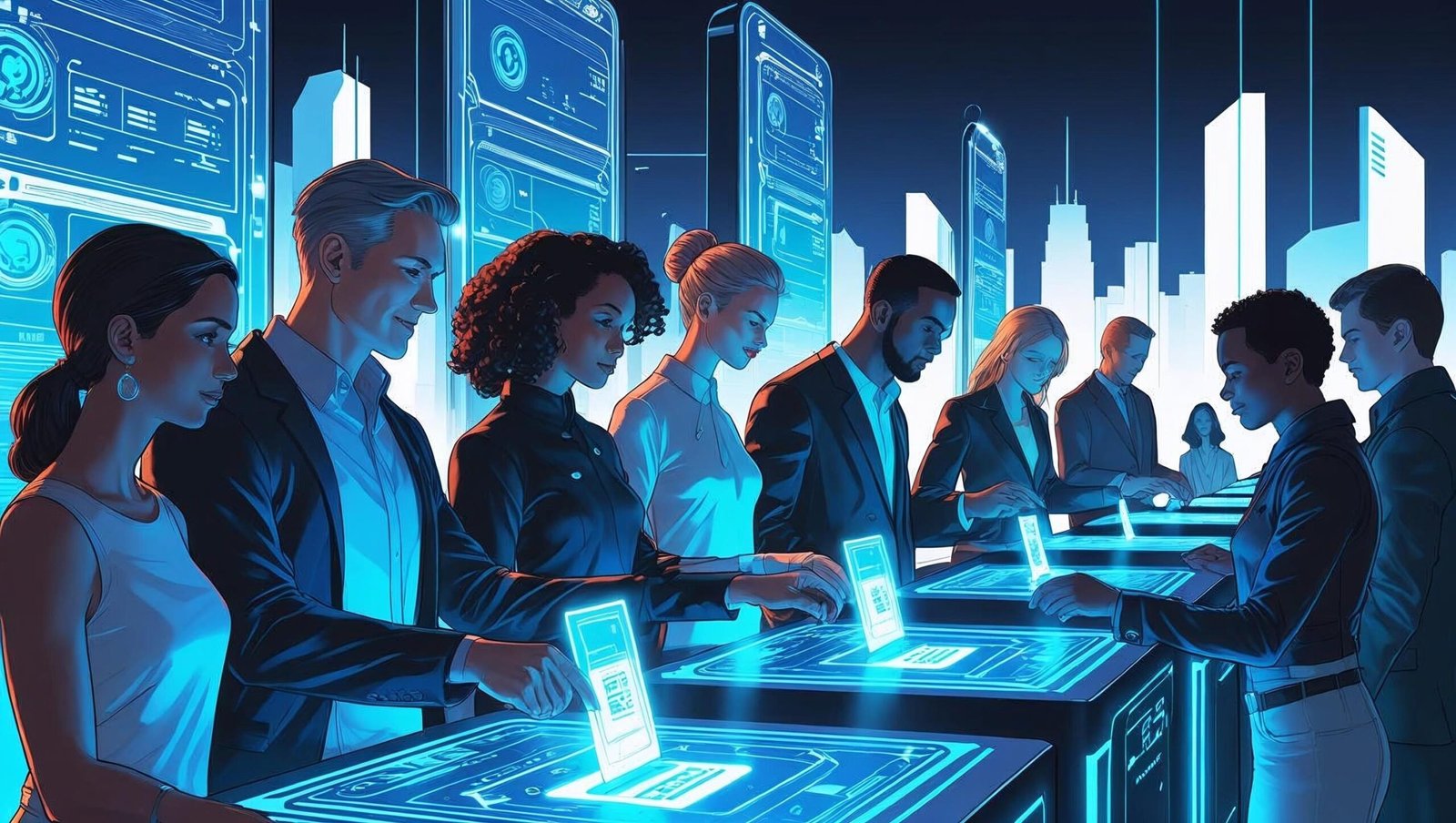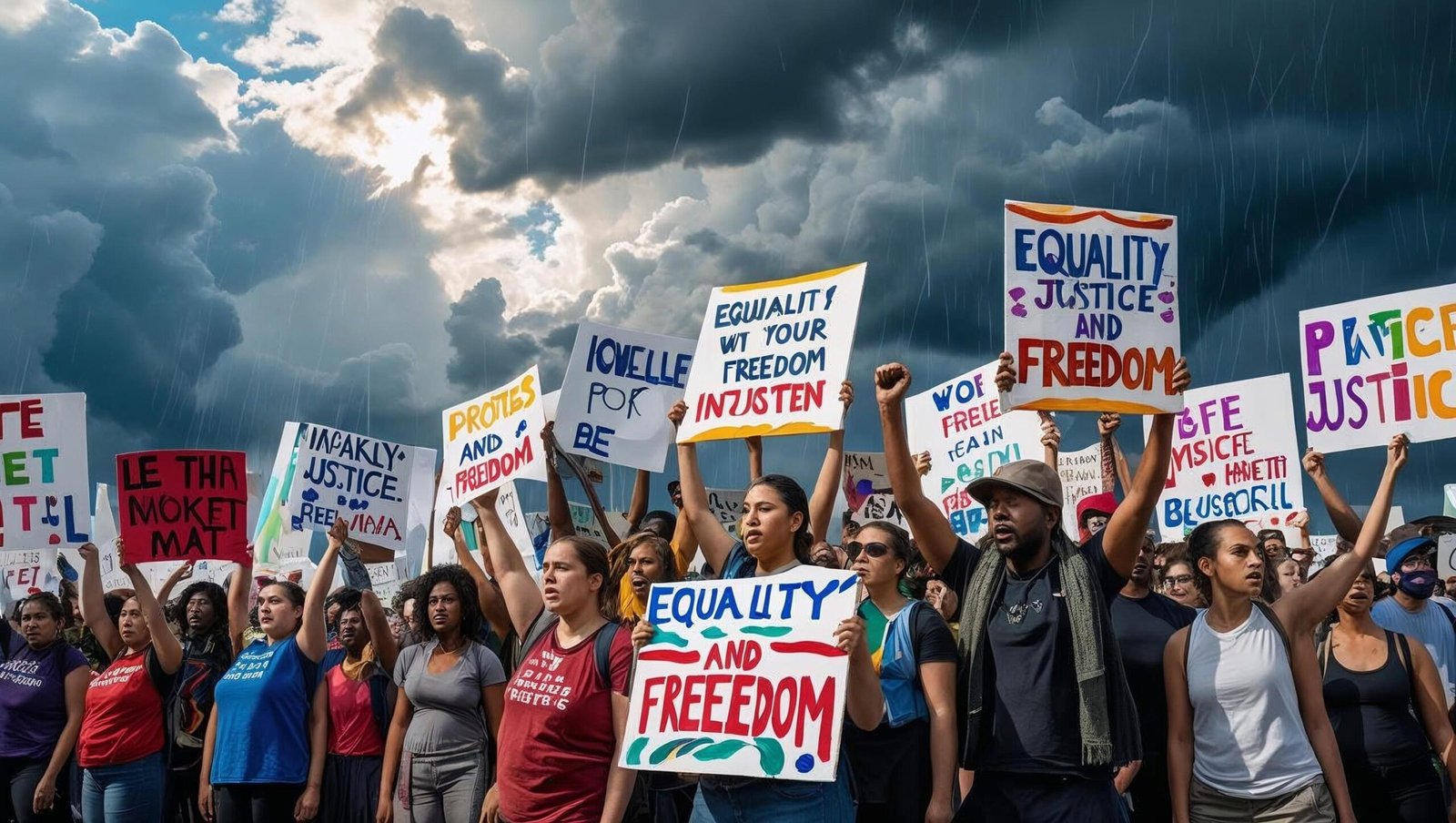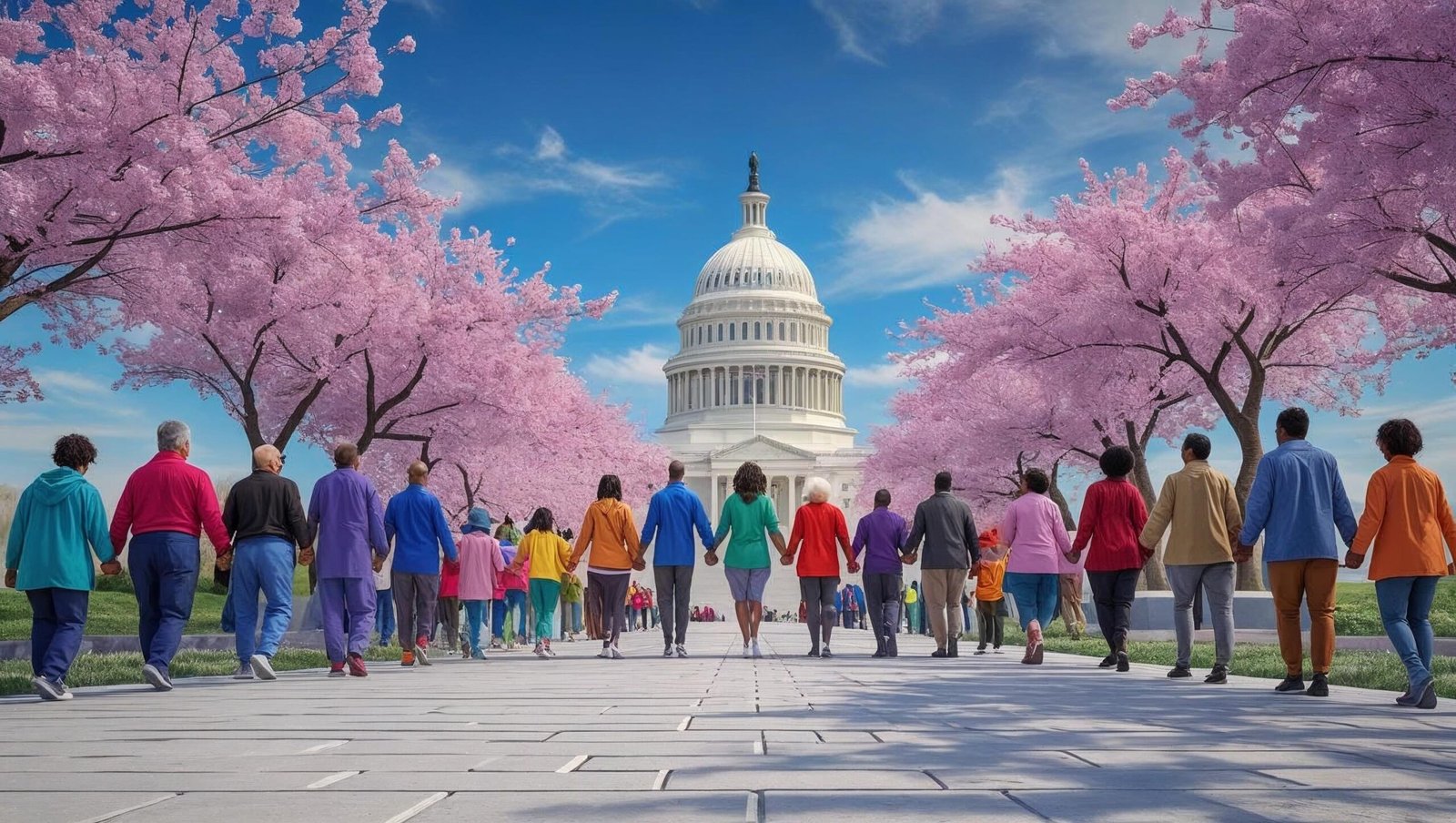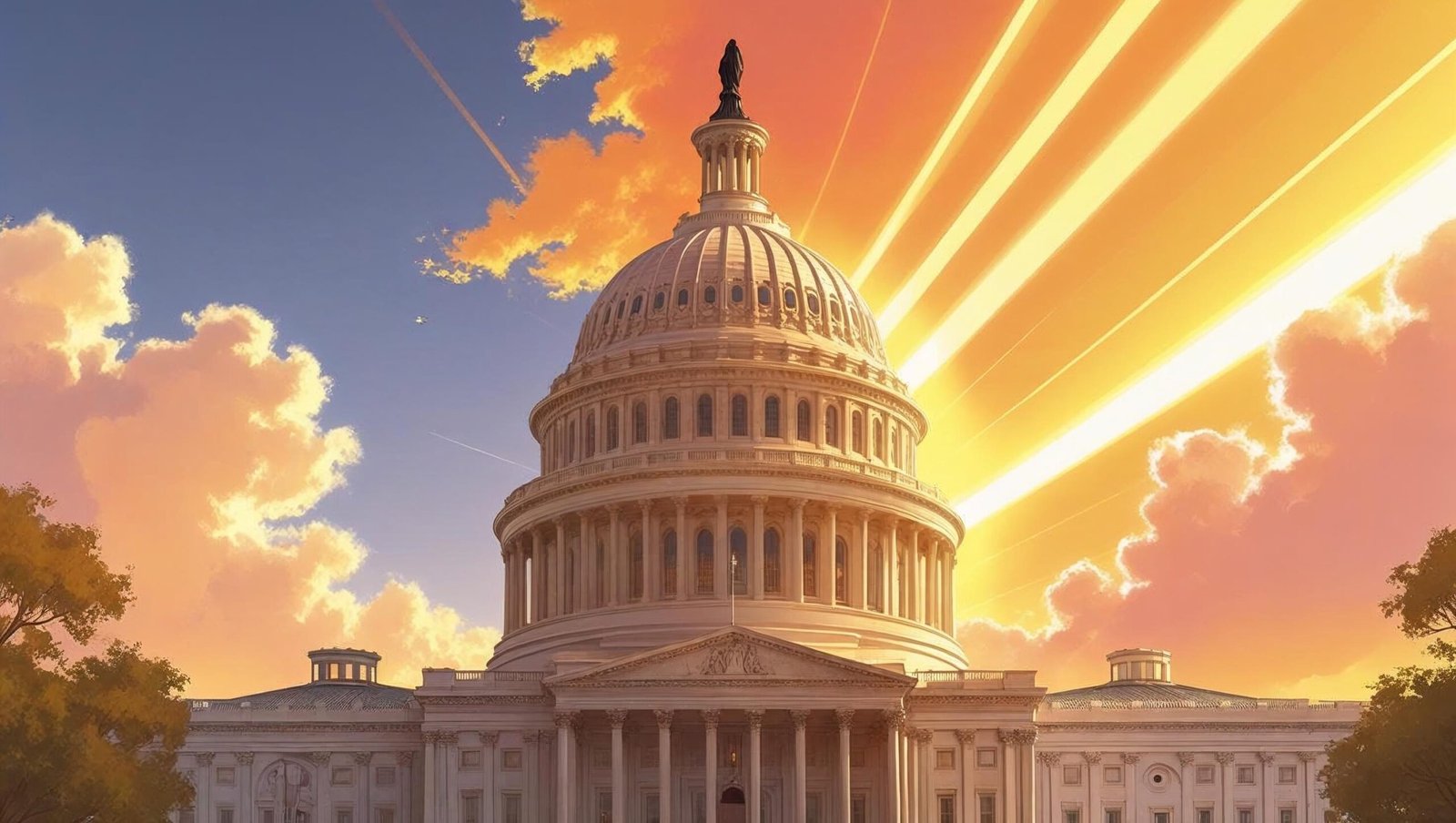Introduction
Democracy Awakening by Heather Cox Richardson is not just another book on American politics; it is a clarion call to understand how democracy can be both fragile and resilient at the same time. In today’s world, where misinformation, division, and authoritarian tendencies often dominate headlines, Richardson’s book becomes an essential guide to rediscovering the roots of democratic values.
This long-form review will explore the central themes, lessons, and warnings in Democracy Awakening. It will also highlight why this book resonates so deeply in our present moment and how it offers hope, courage, and direction for those who still believe in the promise of democracy.
By the end of this blog post, you will see how Democracy Awakening not only explains the political landscape of the United States but also serves as a universal manual for safeguarding freedom and equality worldwide.

Lesson 1: Democracy Awakening is a Wake-Up Call
Richardson makes it clear that Democracy Awakening is not a passive observation but a wake-up call. She argues that democracy is never permanent—it must be constantly defended, renewed, and nurtured. The book reminds us that disengagement and apathy can be the very fuel that authoritarian forces need to dismantle democratic institutions.
Lesson 2: The Fragility of Freedom
A central argument in Democracy Awakening is that freedom has always been contested. From the earliest days of the American republic to the present, freedom has been defined differently by different groups. Richardson shows how powerful elites often twist the meaning of liberty to justify inequality, while ordinary citizens continually fight to reclaim it for all.
Lesson 3: Authoritarianism is Always Closer Than We Think
Heather Cox Richardson uses history to prove that authoritarianism does not arrive suddenly. Instead, it creeps into society through small compromises, unchecked abuses of power, and the normalization of lies. Democracy Awakening warns us that unless citizens remain vigilant, the slow erosion of rights can lead to the downfall of democracy itself.
Lesson 4: The Power of Historical Memory
One of the greatest strengths of Democracy Awakening is its reliance on historical parallels. Richardson reminds readers that America has faced existential crises before—slavery, civil war, women’s suffrage battles, civil rights movements—and in each case, ordinary people fought to expand democracy. Remembering these lessons is essential to confronting today’s challenges.
Lesson 5: The Media’s Role in Democracy Awakening
Richardson is particularly concerned about the influence of misinformation and propaganda. In Democracy Awakening, she demonstrates how media manipulation can distort truth, polarize society, and create a false sense of reality. At the same time, she encourages readers to seek credible sources, engage critically, and support honest journalism.
Lesson 6: The Citizens’ Responsibility
At the heart of Democracy Awakening lies a strong message: democracy is not a spectator sport. Citizens must participate actively—through voting, civic engagement, holding leaders accountable, and defending truth. Richardson calls upon everyone to see themselves as custodians of democracy, not just beneficiaries of it.

Lesson 7: Hope in Times of Crisis
Despite the grim warnings, Democracy Awakening is not a book of despair. Richardson provides hope by showing how past generations overcame immense challenges. She insists that the human spirit, when guided by truth and collective action, has the power to defeat authoritarian forces.
Lesson 8: Economic Inequality and the Threat to Democracy
Another crucial theme of Democracy Awakening is the link between economic inequality and democratic decline. Richardson argues that concentrated wealth often translates into concentrated political power, which undermines the principle of equality. To protect democracy, society must also address systemic inequalities.
Lesson 9: Democracy Awakening and Civic Education
The book highlights the necessity of civic education. Without an informed citizenry, democracy cannot function. Richardson advocates for teaching history honestly, understanding civic rights, and fostering critical thinking so that future generations can guard against manipulation.
Lesson 10: Building Coalitions Across Divides
In Democracy Awakening, Richardson emphasizes that democracy thrives when diverse groups unite around shared principles of justice and fairness. She calls for cooperation across political, racial, and social divides to build a stronger and more inclusive society.
Lesson 11: The Future of Democracy Awakening
Finally, Richardson concludes that the fate of democracy rests in our hands. Democracy Awakening is both a warning and a roadmap. It asks us to choose—between complacency and action, between authoritarianism and freedom, between despair and hope. The future of democracy depends on how we answer this call.
Historical Roots of the Democratic Experiment
To understand the present, one must examine the past. The American democratic experiment, born out of revolution, was both radical and fragile from its inception. The founding fathers envisioned liberty and self-rule, but their vision was incomplete, as women, enslaved people, and indigenous communities were excluded from the promise of freedom. Over centuries, movements for justice have expanded that promise, often through blood, sacrifice, and unwavering determination.
The struggle for equal rights in America mirrors the universal human pursuit of dignity. From the abolitionists who challenged slavery to suffragists who demanded the right to vote, each generation has had to engage in its own battle. The lesson from history is unmistakable: liberty is never handed down voluntarily by those in power; it is claimed by those courageous enough to insist upon it.

Lessons from Global Movements
The struggle to protect democratic values is not unique to one nation. Across the globe, societies have confronted authoritarianism in different forms. Consider the fall of the Berlin Wall, which symbolized not only the end of the Cold War but also the triumph of people demanding freedom from oppressive regimes. Similarly, the Arab Spring, though its outcomes were complex, reflected the yearning of ordinary citizens to break free from tyranny.
These examples underscore the universality of democratic aspirations. Whether in Eastern Europe, the Middle East, or Latin America, people continue to risk everything for self-determination. The stories of these movements echo the timeless truth that the desire for freedom is deeply embedded in the human spirit.
The Role of Institutions
Institutions act as the backbone of any democracy. Courts, legislatures, and independent agencies are designed to check the abuse of power. When they function effectively, they uphold justice and prevent authoritarian tendencies from taking root. However, institutions are only as strong as the people who defend them.
History reveals moments when institutions faltered under pressure. During the Reconstruction era, legal protections for African Americans were dismantled through violence and judicial indifference. In more recent decades, political polarization has led to stalemates, eroding trust in legislative bodies. The lesson here is sobering: institutions cannot save democracy on their own. They require an engaged citizenry that demands accountability and transparency.
Technology and the Digital Battlefield
The twenty-first century has introduced a new battleground: cyberspace. Information warfare, digital propaganda, and social media manipulation have redefined how citizens perceive truth. While technology has enabled global connectivity and rapid communication, it has also empowered malicious actors who exploit algorithms to spread disinformation.
The challenge is immense. Misinformation campaigns do not simply mislead; they undermine trust in democratic processes. When citizens lose faith in elections, courts, or the media, the very foundations of democracy weaken. Combating this requires not only technological solutions but also education that equips individuals to critically evaluate information sources.
The Importance of Civic Literacy
Civic literacy is more than knowledge of laws or institutions; it is an understanding of how power operates and how citizens can influence it. A population that lacks civic literacy is vulnerable to manipulation, as it may not recognize when rights are being eroded.
Educational systems, therefore, play a vital role in sustaining democracy. Schools and universities must cultivate not only knowledge but also critical thinking, empathy, and a sense of shared responsibility. Societies that neglect civic education risk raising generations who are unaware of their role in protecting liberty.
Economic Power and Political Influence
Another recurring theme in political discourse is the relationship between wealth and power. When economic inequality grows unchecked, those with vast resources often wield disproportionate influence over policymaking. This creates a system where the interests of a few overshadow the needs of the many.
From the Gilded Age to the modern era of corporate lobbying, economic elites have frequently attempted to shape political agendas to preserve their dominance. Such concentration of influence threatens the principle of equality upon which democracy rests. Countering this imbalance requires reforms that prioritize transparency, campaign finance regulation, and policies aimed at reducing inequality.
The Human Element: Courage and Sacrifice
Throughout history, progress has rarely been achieved without sacrifice. Individuals and communities have often faced intimidation, imprisonment, or even death while resisting tyranny. The civil rights activists of the 1960s marched despite threats of violence. Whistleblowers have exposed corruption at the risk of personal safety. Journalists have reported truth while facing censorship and persecution.
These acts of courage remind us that democracy is not sustained by words alone. It endures through the bravery of those willing to challenge injustice, even when the cost is high. Every generation inherits not only the rights secured by predecessors but also the responsibility to defend them.

Polarization and the Politics of Division
One of the greatest threats to democratic societies today is polarization. When citizens view one another as enemies rather than fellow participants in self-government, compromise becomes impossible. Polarization thrives on fear, resentment, and the deliberate stoking of divisions by political actors.
Overcoming this challenge requires a renewed commitment to dialogue. Citizens must learn to disagree without dehumanizing one another. Political opponents must be seen not as existential threats but as individuals with different perspectives on shared problems. Without this, the possibility of constructive governance diminishes.
Democracy and Morality
Beyond institutions and laws, democracy is ultimately a moral enterprise. It rests on the belief that every individual possesses inherent dignity and should have a voice in shaping collective destiny. When societies lose sight of this moral foundation, democracy becomes hollow, reduced to empty rituals rather than meaningful participation.
The moral dimension is what distinguishes democratic governance from authoritarianism. Authoritarian systems often claim efficiency, but they strip individuals of their agency. Democracy, by contrast, is messy, slow, and complex—but it respects the humanity of each participant. Recognizing this moral core is essential to sustaining it.
The International Dimension
No democracy exists in isolation. Global events—from wars to economic crises—shape domestic politics. Similarly, the strength or weakness of democracy in one nation can influence movements in others. For example, the collapse of colonial empires after World War II inspired independence movements worldwide, while the spread of authoritarian populism in recent years has emboldened anti-democratic forces elsewhere.
International cooperation, therefore, is vital. Democratic nations must support one another, not only through diplomatic alliances but also through cultural exchange, education, and economic collaboration. The survival of democracy on a global scale depends on mutual reinforcement.
A Vision for the Future
What might the future of democracy look like? It will not be identical to the past. New challenges—climate change, artificial intelligence, mass migration—require innovative approaches. However, the principles of equality, freedom, and justice must remain at the core.
The next chapter of democratic evolution will likely involve reimagining institutions to meet twenty-first-century realities. Greater inclusivity, technological safeguards, and participatory models may become essential. While the path ahead is uncertain, the values that sustain self-government are timeless.
Reflections on Personal Responsibility
Ultimately, the story of democracy is the story of individuals choosing to act. Each citizen faces daily decisions: whether to speak out against injustice, whether to vote, whether to engage in community service, whether to pursue truth rather than succumb to falsehood. These decisions, though seemingly small, accumulate to shape the destiny of nations.
The responsibility is heavy, but it is also empowering. Citizens are not passive observers; they are the architects of their collective future. Recognizing this responsibility transforms despair into action and fear into resolve.
Closing Thoughts
The ongoing struggle for liberty and equality reveals both the resilience and vulnerability of democratic systems. The lessons from history, the challenges of the present, and the hopes for the future converge in a single truth: democracy is a living project. It cannot be preserved through inertia; it requires vigilance, courage, and constant renewal.
By engaging with its principles, nurturing civic literacy, defending institutions, and confronting inequality, societies can ensure that democracy remains not only a form of governance but also a moral commitment to human dignity.

Why Democracy Awakening Matters Today
The brilliance of Heather Cox Richardson’s work lies in its timeliness. In an era where many feel disillusioned, polarized, or hopeless, Democracy Awakening offers clarity. It does not sugarcoat the dangers, but it also does not abandon hope. Instead, it empowers ordinary citizens to see themselves as the true defenders of democracy.
For readers searching for insight into America’s current political turmoil, Democracy Awakening provides both historical context and practical guidance. It shows that while the challenges are immense, the solutions are within our collective grasp.
FAQs on Democracy Awakening
1. What is the main message of Democracy Awakening?
The book’s central message is that democracy is fragile and requires constant vigilance, participation, and defense by ordinary citizens.
2. Who should read Democracy Awakening?
Anyone concerned about democracy, authoritarianism, or the current political climate will benefit from this book, including students, educators, policymakers, and everyday citizens.
3. Does Democracy Awakening provide hope or just warnings?
While it highlights real dangers, Richardson also provides hope by reminding readers that democracy has survived crises before, thanks to collective action and resilience.
4. How is Democracy Awakening different from other political books?
Unlike many political commentaries, Richardson’s book is deeply grounded in historical analysis, making it both insightful and timeless.
5. Can the lessons of Democracy Awakening apply beyond America?
Yes. While focused on the U.S., its lessons on vigilance, civic participation, and resisting authoritarianism apply universally.
Conclusion
Democracy Awakening by Heather Cox Richardson is more than just a book—it is a movement of thought, a call to action, and a reminder that the fate of democracy rests in our collective will. By tracing history, exposing present dangers, and offering a roadmap for renewal, Richardson has created a masterpiece that is both urgent and inspiring.
If democracy is to thrive in the twenty-first century, we must all engage with its awakening. Heather Cox Richardson has given us the knowledge and courage to do so.
For more deep insights on powerful books like this, visit shubhanshuinsights.com.
Powerful Comments
-
“This review of Democracy Awakening has inspired me to rethink my role as a citizen. A must-read for anyone who cares about democracy.”
-
“Heather Cox Richardson’s book comes alive through this thoughtful analysis—thank you for breaking it down so powerfully.”
-
“I had heard about Democracy Awakening, but this review convinced me it is essential reading for our times.”
In the end, the preservation of liberty depends not on governments alone but on the determination of citizens. History reminds us that freedom, once lost, is rarely regained without struggle. Let us therefore embrace vigilance, compassion, and responsibility, ensuring that the promise of equality endures for generations yet unborn.